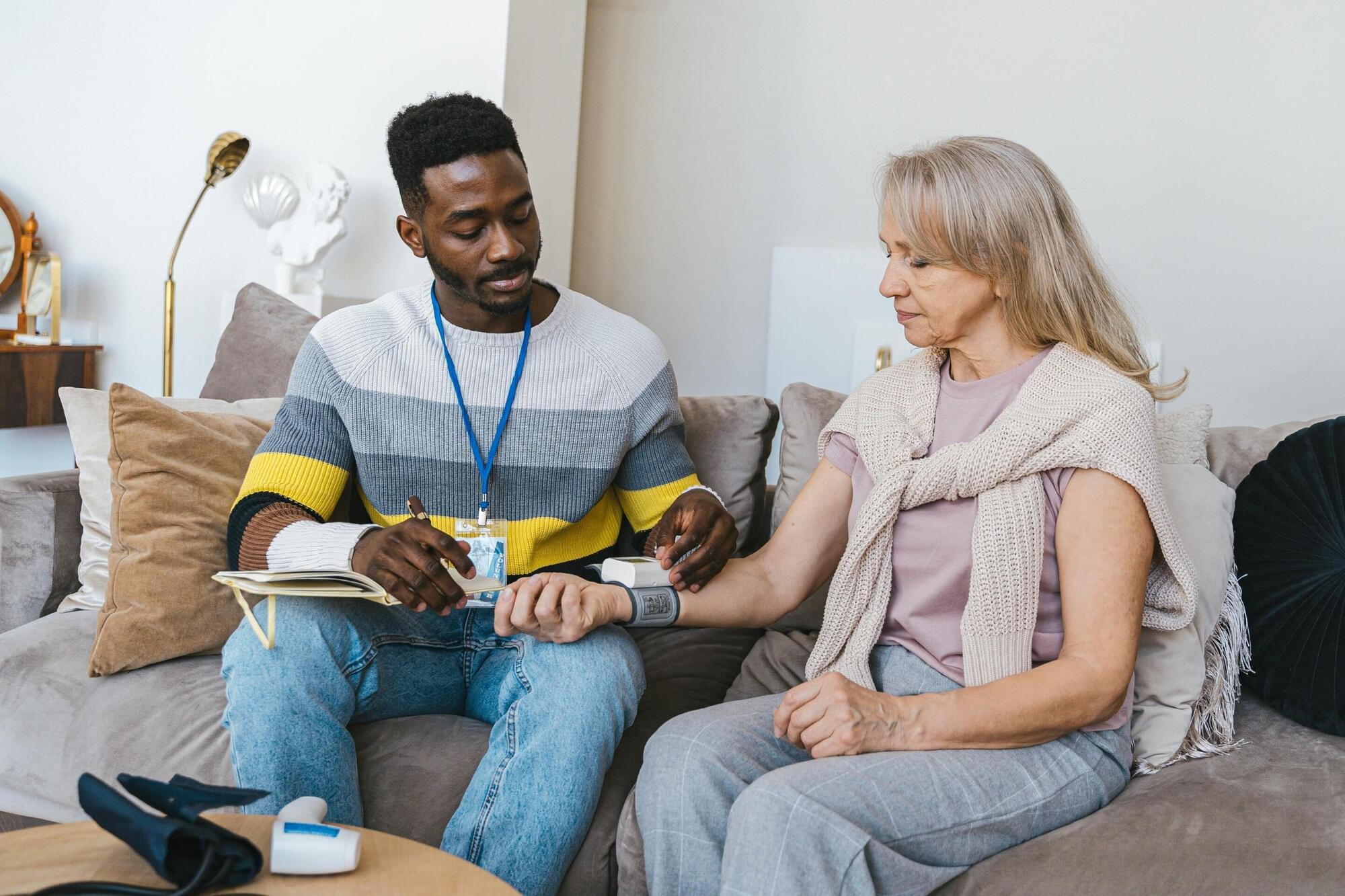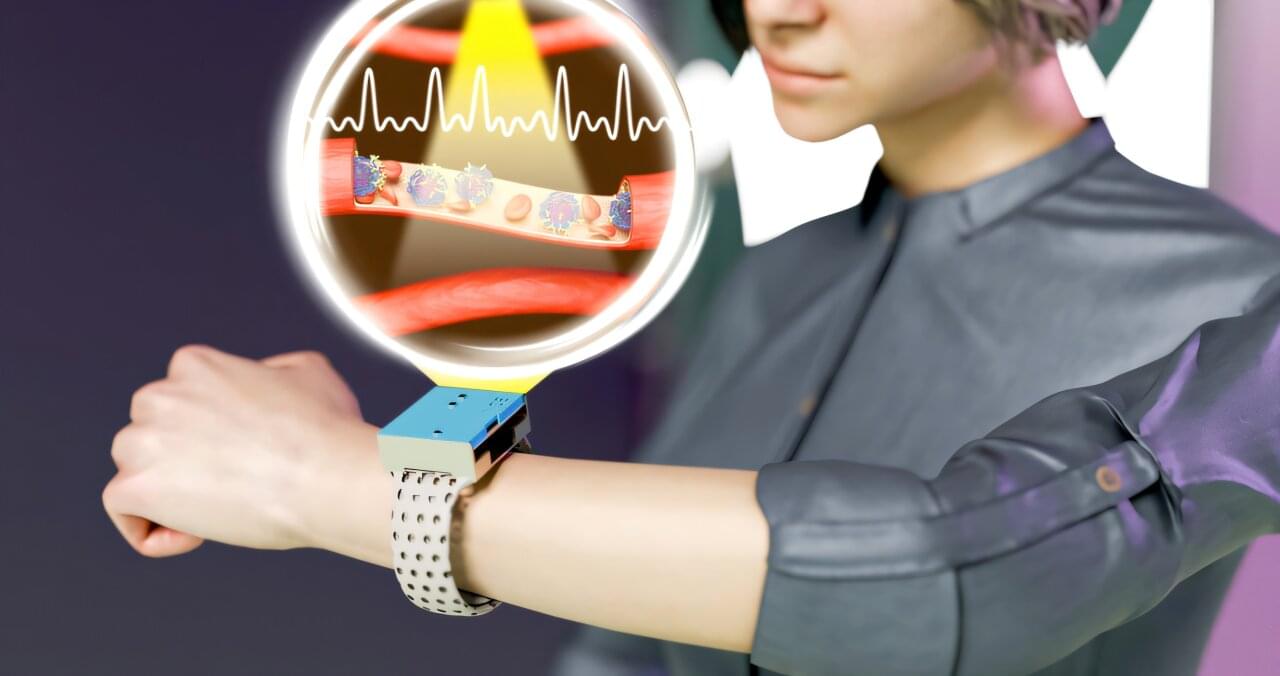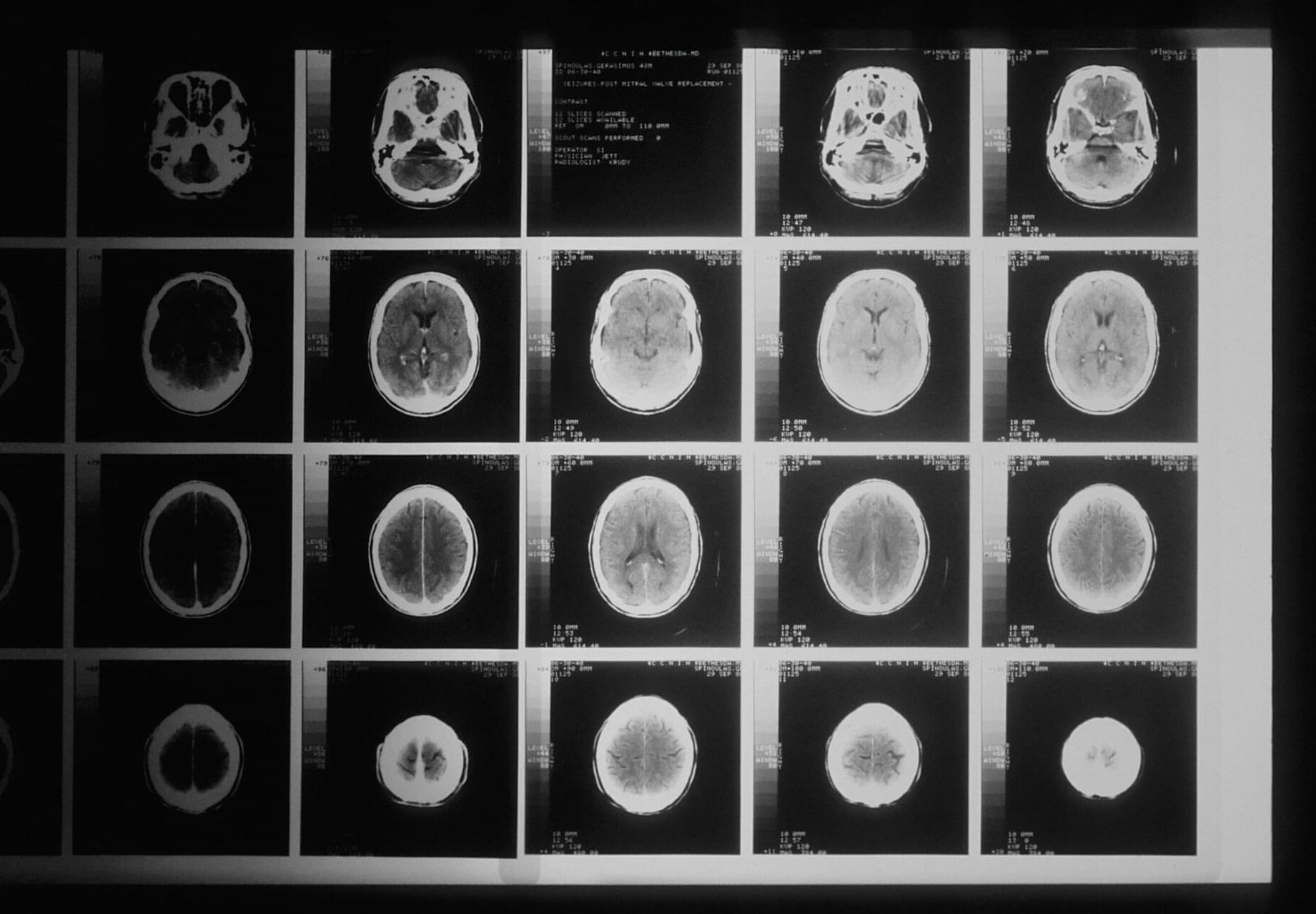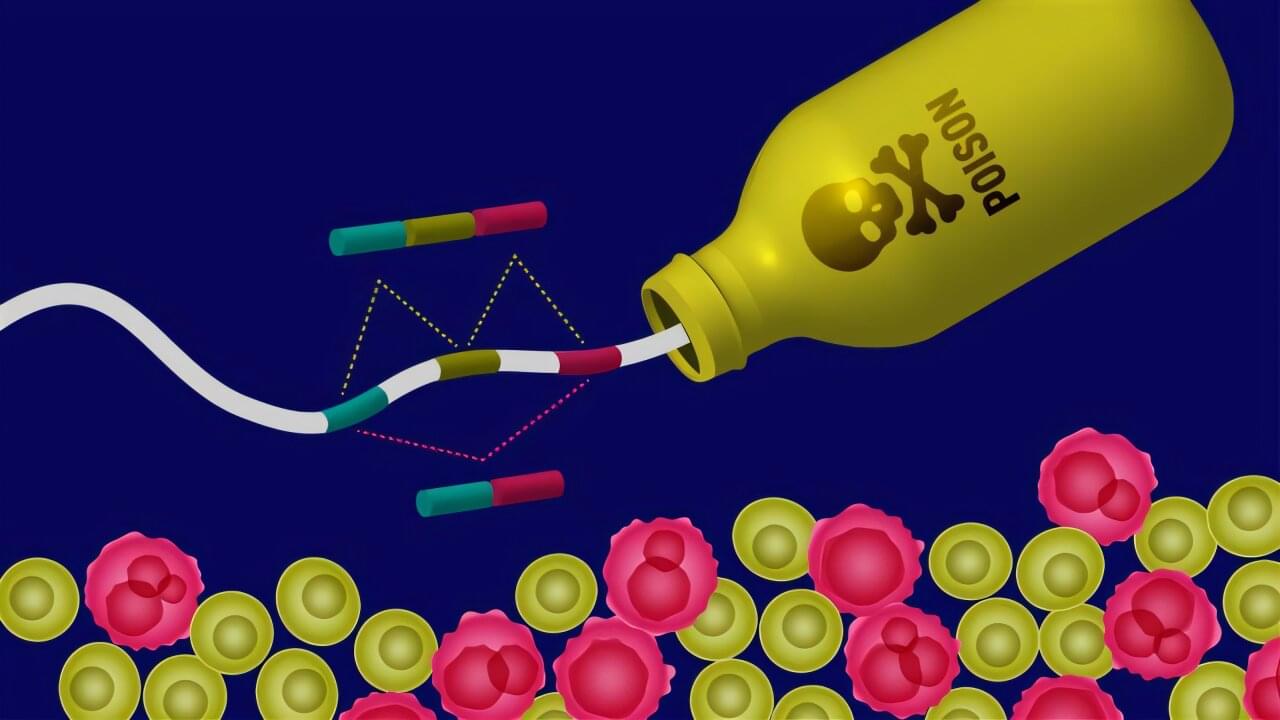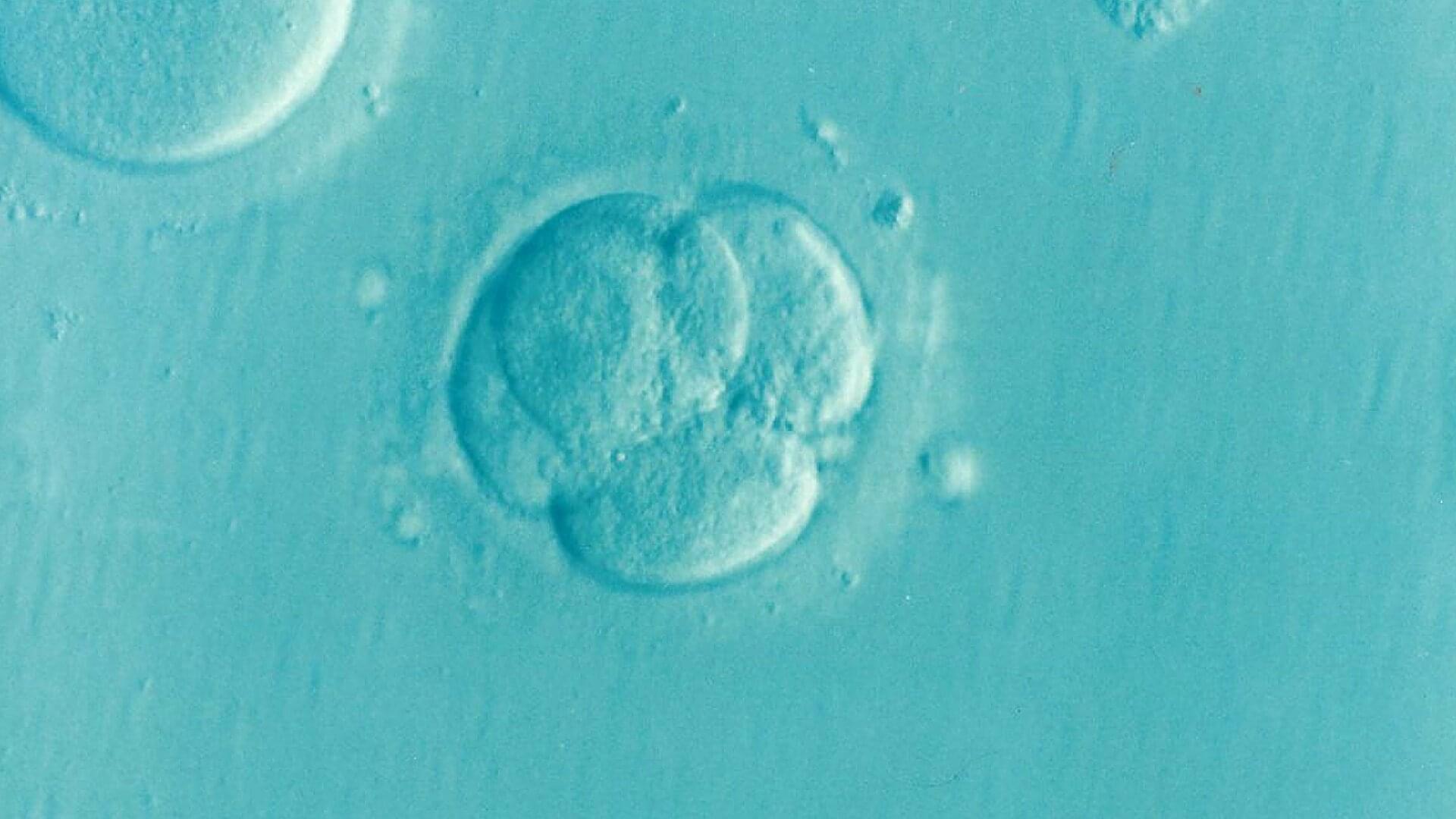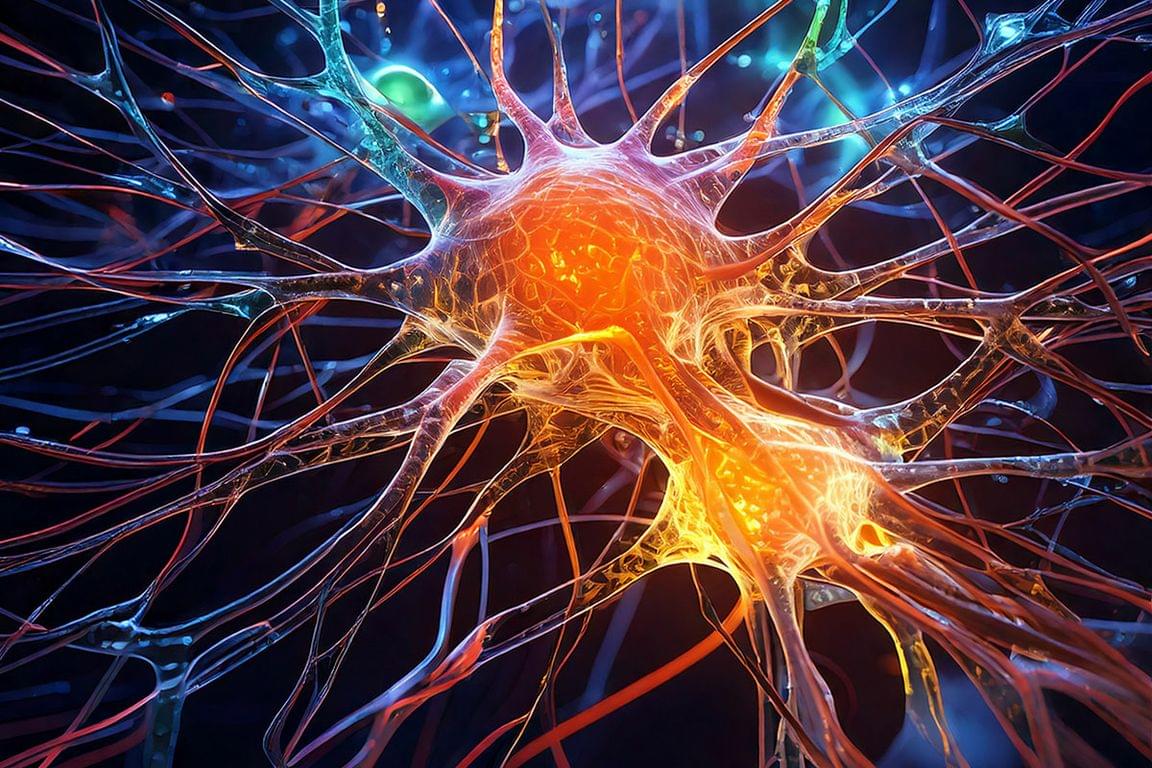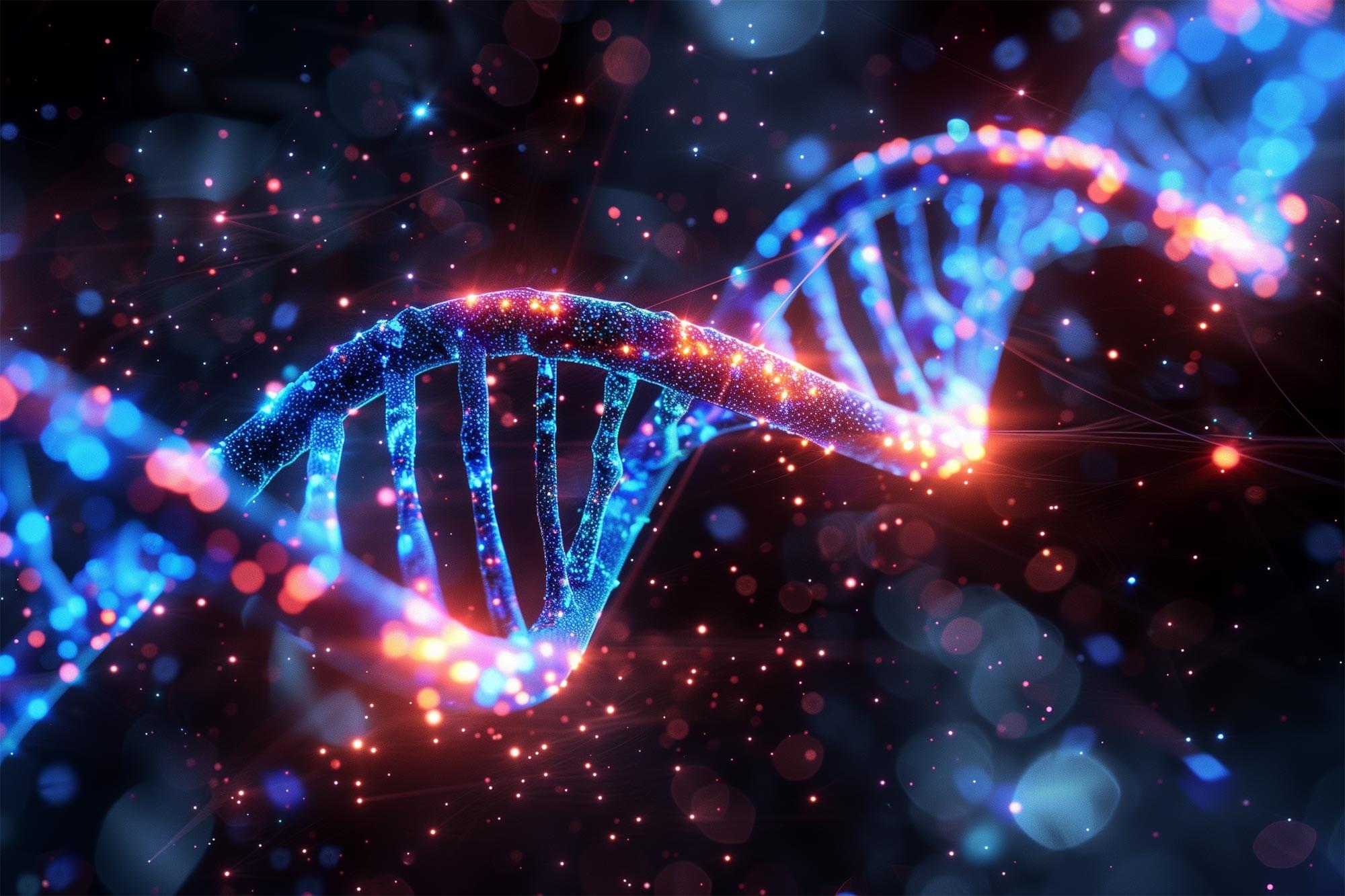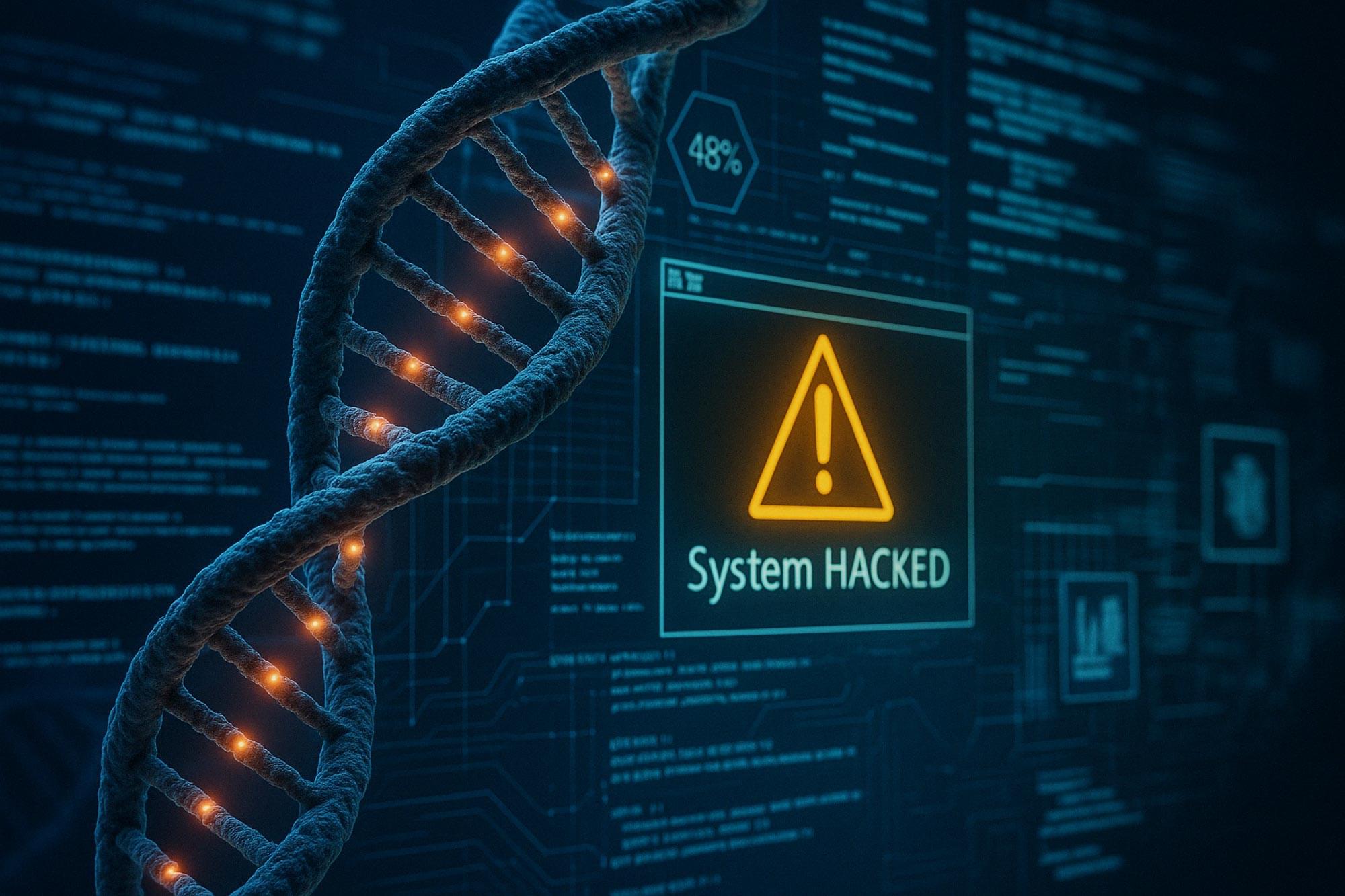Reducing high blood pressure substantially lowers the risk of dementia and cognitive impairment without dementia, according to the results of a phase 3 clinical trial involving almost 34,000 patients, published in Nature Medicine. These findings highlight the potential importance of widespread adoption of more intensive blood pressure control among patients with hypertension to reduce the global disease burden of dementia.
It is estimated that the global number of people with dementia will rise from 57.4 million in 2019 to 152.8 million by 2050, with the greatest impact being in low-to middle-income countries. Previous research suggests that lifestyle interventions, such as eating a healthy diet and exercising regularly, could be the most effective way to reduce the growing global incidence of dementia.
Research has also found that people with untreated hypertension have a 42% greater risk of developing dementia in their lifetime than healthy study participants. However, only a few randomized controlled trials have tested the effect of medications that reduce blood pressure on the risk of dementia, and none have looked at it as a primary trial endpoint.
